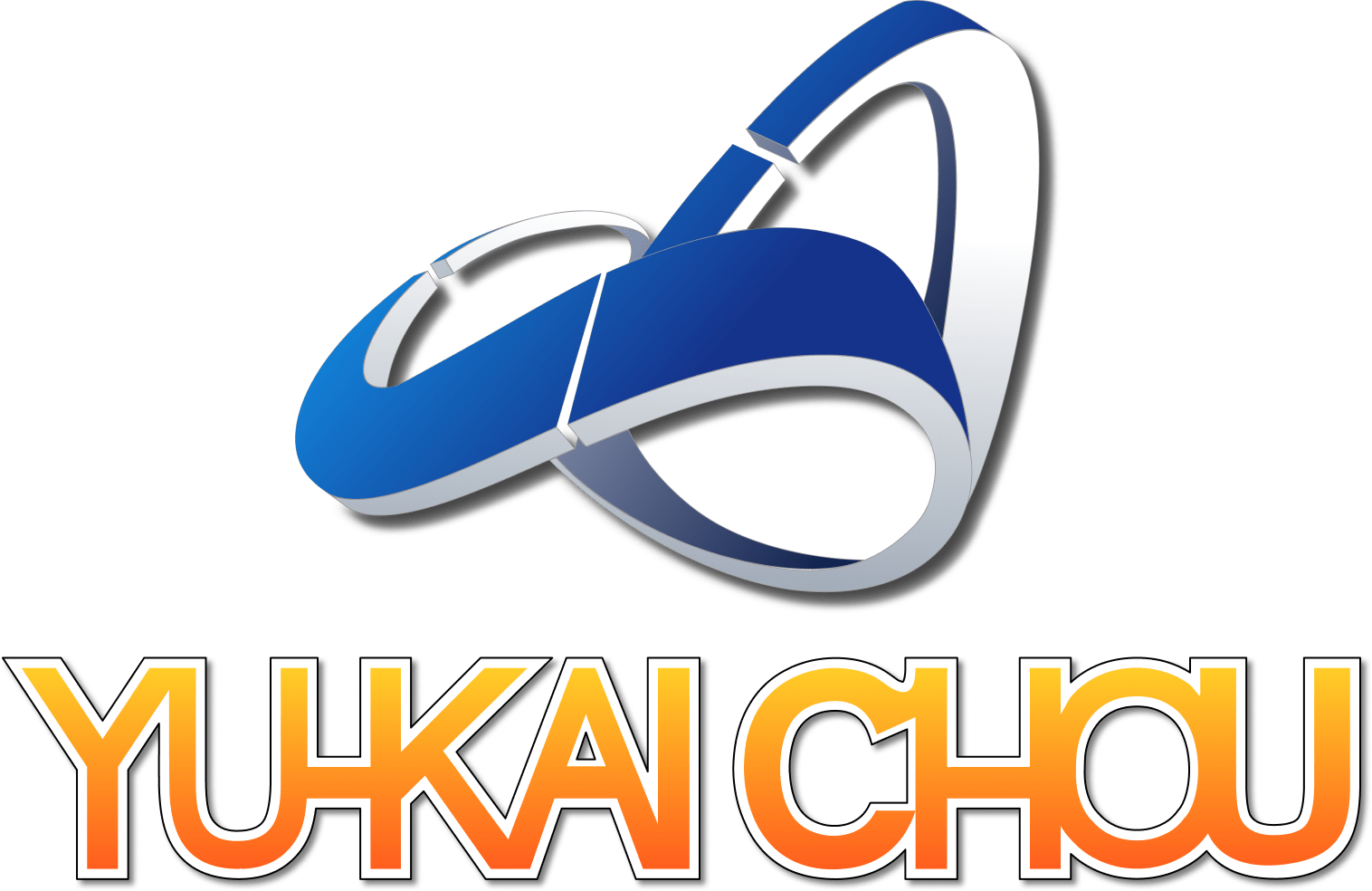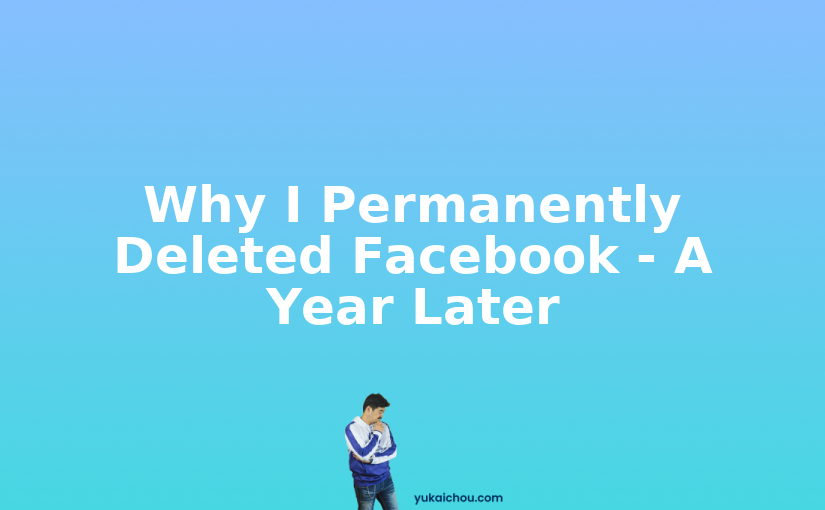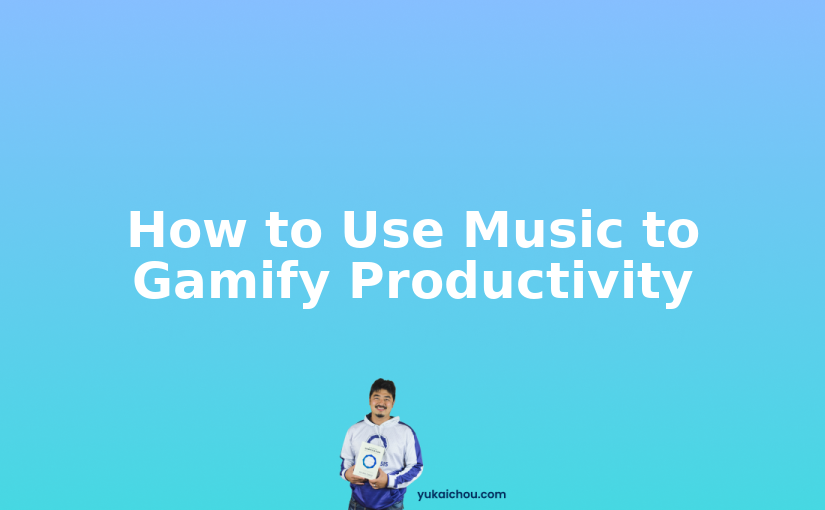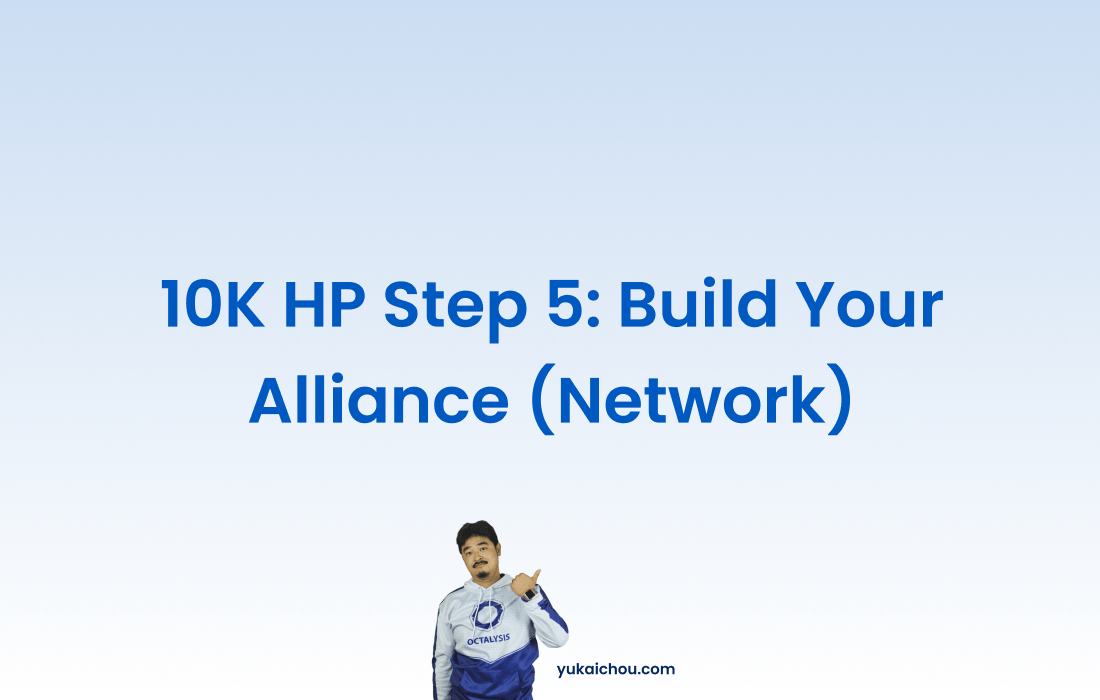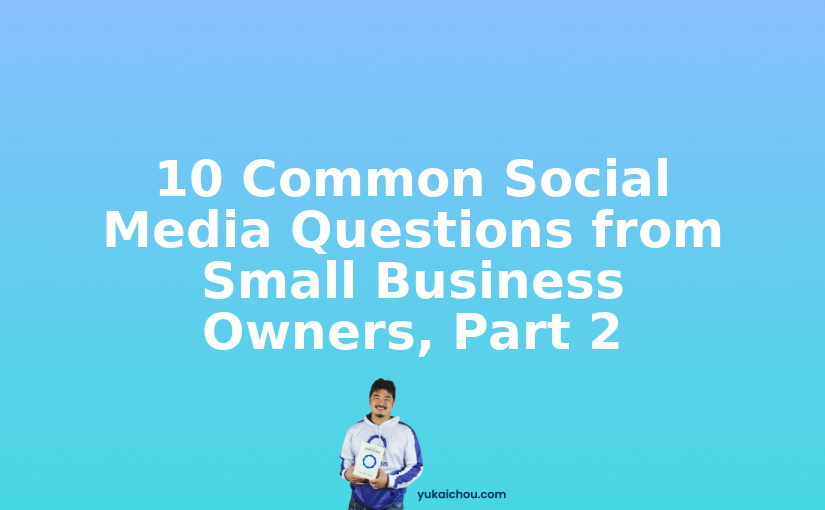
Did you, like me, permanently delete your Facebook account last year? Why did you do it?
I asked myself this very question a few days ago. To my analytical yet generous mind, there is a distribution of reasoning.
These range from ideological to practical. From concerns of privacy to a desire to create free time to reallocate toward my updated medium-term goals, like learning to code at an amateur level and to grasp the history of money.
Since I subscribe to theories of mimetic desire, part of me feels as though I quit Facebook because other people were doing it, which in itself is not always by itself a good reason for doing anything (if you’ll allow me to understate my point).
I didn’t pause or suspend or disable my account: I permanently deleted it. Part of me feels that I permanently deleted it to prove to myself that I could. (When I played online poker, I occasionally entertained folding pocket aces pre-flop to demonstrate I could make a bad play, to illustrate that I–whatever I is–was in charge.)
A year later, what are the Pros and Cons of the decision?
Pros of Leaving Facebook Behind
More Free Time:
I do have additional time each day which I’ve reallocated to other activities. Note: This was part of my digital minimalism kick–to use digital technologies selectively, in other words to choose those which amplify my velocity toward my goals.
More Attention:
Understanding one’s conscious attention is a detailed and complicated topic. To my way of thinking, understanding how one’s attention works is a private and personal activity. A journey that you have to take on your own. Even useful meditation apps like Waking Up will only get you part of the way.
Seeing the Forest and the Trees:
Take a moment to notice how this sentence affects you. That sentence wasn’t so emotionally resonant. Neither was that one. So what?, you might reactively ask. But that is the point. (For one thing, I’ve learned to read better…and to notice less good writing and better writing.)
“Slowing down” in appropriate ways lets me see the forest and the trees. It also lets me examine products and services and how those human-product or human-service interactions engage my attention. There’s a layer of meta-cognition here which is difficult to appreciate, but rewarding. In Octalysis Prime, we are doing our best to help our members notice how the activity or game loops they create for their players, members, and customers acknowledge the human there.
Cons of Leaving Facebook — And Trying to Return
The Value of Your Network:
Last night at a holiday party, I was where I grew up. Gabon, Indonesia, China, USA. Most of the friends and contacts I made in those places were filed in Facebook. Gone are the digital branches connecting me with those people. (It is hard, but not impossible, to regrow them. Some people have found me again, and me them.)
Managing Facebook Groups:
I want to manage a Facebook Group for work–Octalysis Explorers–which is the largest gamification group on Facebook. In one sense, it is the largest base (outside our mailing list of 30k+) of people who we as a company enjoy talking and hanging out with. Since I’m the Community Manager for Octalysis Prime, it would be useful to understand who those people are too, but I haven’t been able to get back on Facebook, at least not within Facebook’s standard rules.
For example, I recently added a new user–first name “Octalysis” last name “Prime”– and included my personal details, birthday, email, and phone number.
After using Facebook for about 30 minutes, I was asked to upload a picture “with a face” at which time I was locked out of Facebook. A few days later, I’m still not allowed on.
I guess we should acknowledge that Facebook is honoring its commitment to permanently delete my account with them.
What services have you canceled?
What services have you canceled, vowing to never return, but eventually came back?
What was the return like?
Did the service welcome you back? Did they make it easy to jump back in? Hard?
How did it make you feel?
I also left behind Quora, which was one of my favorite social sites, where I had a reasonable following and was a top writer in some topics…in different but meaningful ways, that was a harder decision than leaving Facebook.
